The fascinating complexity of high school debate gives way to a portrait of the equally complex racial and class bias of American education in Greg Whiteley's riveting documentary.
Related Movies

Junk Story (2015)
A look back at the life and career of Japanese guitarist hide, who died under questionable circumstances in 1998.
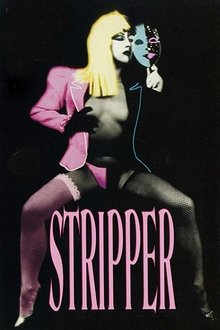
Stripper (1985)
A strippers' convention and a major contest. The movie focuses on a few strippers, each with her own strong motive to win.
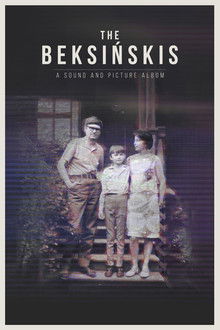
The Beksińskis. A Sound and Picture Album (2017)
Painter Zdzisław Beksiński, his wife Zofia and their son Tomasz, a well-known radio journalist and translator, were a typical and unconventional family, both at the same time. One of the father’s obsessions was filming himself and his family members. Using archival footage only, shot primarily by Zdzisław, as well many other materials, which have not been presented anywhere so far, the film tells a tragic story of the Beksińskis that has never ceased to fascinate Polish filmmakers.
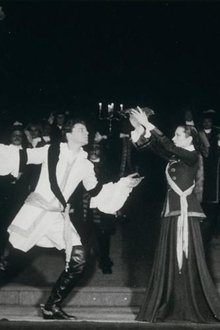
Le Théâtre National Populaire (1956)
The T.N.P., the Théâtre National Populaire, an important experimental theater directed by Jean Vilar. Franju combines sequences from theatrical performances with documentary images, creating links and confrontations between theater and the real world.

The General And Me (2017)
Over the period of 25 years the director met General Võ Nguyên Giáp, a legendary hero of Vietnam’s independence wars, a number of times. She was the first American who entered the home of the “Red Napoleon”. The fruit of this friendship is a film, personal and politically involved at the same time. Travelling across the country and talking to important figures as well as ordinary people, the director finds out more about her roots and offers the audience a unique perspective on Vietnam’s present and past.

En ningún lugar, Don Luis Buñuel (2013)
Denis Lavant reads long passages from Luis Buñuel's semi-autobiographical "My Last Sigh". From this text, without film excerpts, Laurence Garret travels in the footsteps of Buñuel, from Calanda to Zaragoza, Madrid to Toledo, Spain to Mexico.

That World Is Gone (NaN)
Kathy's family left on a Saturday morning in 1965. The rumble of bulldozers echoed through the neighborhood, and her block was empty. Federally-funded urban renewal had arrived in Charlottesville, scattering dozens of families like Kathy's. The once-vibrant African American community, built by formerly enslaved men and women who had secured a long-denied piece of the American dream, disappeared.
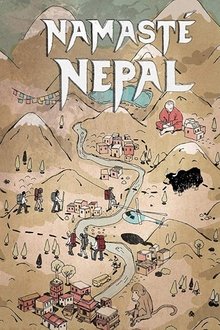
Namaste Nepal (2009)
American high school students from the privileged Silicon Valley travel to Manang, Nepal in this documentary about how travel and life experiences can change personal perceptions. Together with a group of Manangi high schoolers, the students expand their cultural knowledge and experience a slice of life as a citizen of the globe.

Two Headed Cow (2006)
Eighteen years in the making, two-headed cow started off as a black and white film that followed Dexter Romweber and his drummer Crow on a rock and roll tour along the same route as General Sherman. The film was not finished due to many circumstances, but the filmmakers were able to resume the film seventeen years later. After major TV appearances, a stint on a major label, bouts of depression and drug addiction, the film took on a different tone and poignancy.
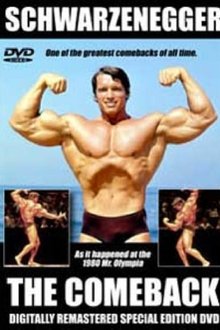
The Comeback (1980)
After an absence of five years, six times Mr Olympia winner Arnold Schwarzenegger makes a comeback and attempts to take the World Body Building Championship for the 7th time.

Taylor Swift: From the Heart (2013)
After having released her fourth album "Red" in October 2012, Taylor Alison Swift continues to tear up the charts. In this film we learn how Swift becomes one of America's biggest Country and Pop music artists.

On Rubik's Road (2010)
Rubiks’ Road is a bicycle path built in the 1980s and named after Alfreds Rubiks, leader of the Latvian Communist party at the time. One of the most ferocious opposers to Latvia’s independence in the early 1990s and later elected to the European Parliament.
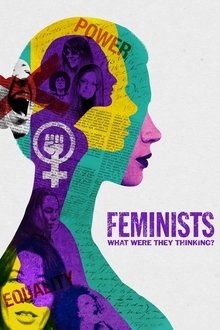
Feminists: What Were They Thinking? (2018)
In 1977, a book of photographs captured an awakening - women shedding the cultural restrictions of their childhoods and embracing their full humanity. This documentary revisits those photos, those women and those times and takes aim at our culture today that alarmingly shows the need for continued change.

I Sing All Day, I Sing All Night (1979)
Zdravko Čolić is the biggest pop star in Yugoslavia. We follow him during his "Traveling Earthquake Tour", lerning who is the man behind the microphone, dancers, glittery suits... and in front of the audience.
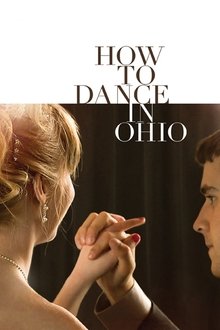
How to Dance in Ohio (2015)
In Columbus, Ohio, a group of autistic teenagers and young adults role-play this transition by going through the deceptively complex social interactions of preparing for a spring formal. Focusing on several young women as they go through an iconic American rite of passage, we are given intimate access to people who are often unable to share their experiences with others. With humor and heartbreak, How to Dance in Ohio shows the daily courage of people facing their fears and opening themselves to the pain, worry, and joy of the social world.
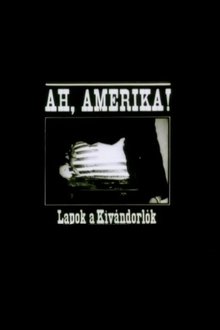
Ah, Amerika! (1984)
Documentary with animated sequences about that massive Hungarian exodus to the US which went on from the end of 19th century till the outbreak of WW1. The history of the nameless crowds presented in the film submerged under the surface of official history.

Being Evel (2015)
In the history of sports, few names are more recognizable than that of Evel Knievel. Long after the man hung up his famous white leather jumpsuit and rode his Harley into the sunset, his name is still synonymous with the death-defying lifestyle he led. Notoriously brash, bold, and daring, Knievel stared death in the face from the seat of his motorcycle, but few know the larger-than-life story of the boy from Butte, Montana.
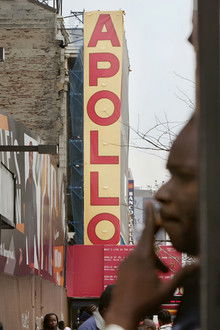
Apollo at 70: A Hot Night in Harlem (2004)
Some of the world's best jazz, R & B, hip-hop, rap, gospel and Latin musicians perform classic and modern songs in this 2004 benefit show celebrating the 70th year of Harlem's famed Apollo Theater. Performers include Natalie Cole, Ashanti, Brian McKnight, Yolanda Adams with the Abyssinian Baptist Choir, James Ingram, Herbie Hancock, Branford Marsalis, Doug E. Fresh, Slick Rick, Patti LaBelle, Angie Stone and Arturo Sandoval.

From Paseo To Pembroke: Kansas City's Golden Age (2021)
From Paseo to Pembroke is a Kansas City documentary retrospective on the golden age of high school basketball. From '88 to '98—from the Dotte all the way to Raytown. Told by the era's premier coaches, players and media personalities.

Murdered For Love? Samia Shahid (2018)
In September 2014, Samia Shahid got married in Bradford, West Yorkshire. In July 2016, Samia went to Pakistan to visit family. Six days later, she was found dead. This film uses interviews with Samia's closest friends. Actors have been used to protect their identities, but some of the voices you hear are their own. The film contains dramatic reconstructions inspired by events in Samia's life. Social media, texts, photos and voice recordings are original.